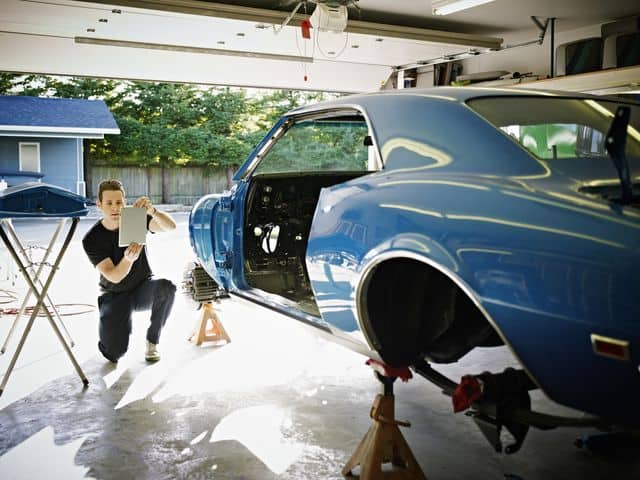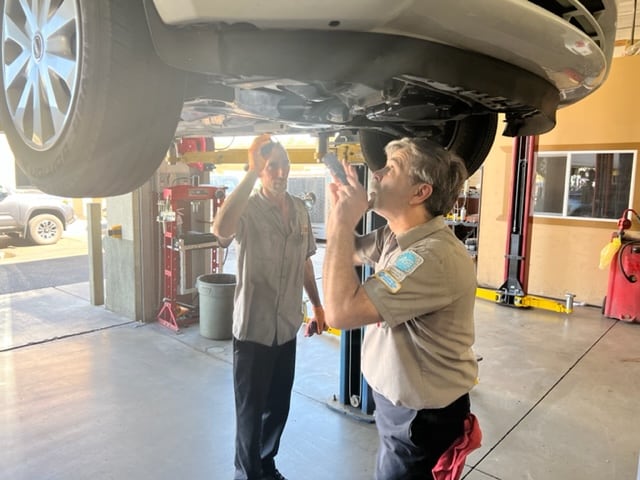When it comes to your vehicle, the engine is undoubtedly the heart and soul. Just like you take care of your health to lead a long and fulfilling life, your car’s engine also requires proper maintenance to ensure it runs smoothly for years to come. Neglecting engine care can lead to costly repairs and a shorter lifespan for your beloved vehicle. In this article, we will explore some essential tips on how to extend the life of your car’s engine through proper maintenance.
Regular Oil Changes
One of the most crucial aspects of engine maintenance is regular oil changes. Engine oil acts as a lubricant, reducing friction between moving parts and preventing overheating. Over time, engine oil can become contaminated with dirt and debris, losing its effectiveness. This can lead to increased wear and tear on the engine components.
To keep your engine in top shape, adhere to a regular oil change schedule as recommended by your vehicle’s manufacturer. Typically, this ranges from every 3,000 to 5,000 miles, but it’s essential to check your owner’s manual for the specific interval that suits your car. Clean, fresh oil will ensure that your engine remains well-lubricated, reducing the risk of damage and extending its lifespan.
Maintain the Cooling System
Engines can generate a tremendous amount of heat during operation. To prevent overheating, your vehicle relies on a cooling system that includes a radiator, water pump, and coolant. Over time, coolant can become contaminated or lose its effectiveness, leading to engine overheating and potential damage.
Regularly check the coolant levels and top them up as needed. Additionally, flushing and replacing the coolant at the recommended intervals will help maintain the cooling system’s efficiency. A well-functioning cooling system ensures that your engine operates at the optimal temperature, preventing overheating-related issues and prolonging its life.
Replace Air Filters
Your car’s engine needs a constant supply of clean air to operate efficiently. Air filters prevent dirt, dust, and debris from entering the engine, ensuring that only clean air is used for combustion. However, over time, air filters can become clogged, restricting airflow and causing your engine to work harder than necessary.
To extend your engine’s life, regularly inspect and replace the air filter as recommended in your vehicle’s maintenance schedule. This simple step can improve fuel efficiency, reduce emissions, and prevent premature wear on engine components.
Monitor the Timing of Belt
The timing belt plays a critical role in synchronizing the movement of the engine’s pistons and valves. If the timing belt fails, it can result in severe engine damage, often requiring costly repairs. To avoid this, it’s essential to follow the manufacturer’s recommended replacement interval for the timing belt.

Typically, timing belts should be replaced every 60,000 to 100,000 miles, depending on your vehicle’s make and model. Regularly inspect the timing belt for signs of wear or damage, and don’t delay in replacing it when it’s due. This preventative measure can save you from the headache and expense of a broken timing belt.
Keep the Engine Clean
Maintaining a clean engine bay might not seem like a priority, but it can have a significant impact on your engine’s lifespan. A clean engine is less likely to suffer from issues like overheating or corrosion. Additionally, a clean engine is easier to work on, making it simpler to perform routine maintenance tasks.
Periodically, take the time to clean the engine bay, removing dirt, debris, and grease. Avoid using high-pressure water, as it can damage sensitive components. Instead, use a gentle detergent and a brush or cloth to clean the engine gently. Keeping your engine clean can go a long way in preserving its longevity. If you want to find great tips and ideas about car maintenance, check out the original source for further info.
Conclusion
Your car’s engine is a marvel of engineering, and with proper care and maintenance, it can serve you faithfully for many years. Regular oil changes, maintaining the cooling system, replacing air filters, monitoring the timing belt, and keeping the engine clean are all essential steps in extending the life of your car’s engine.
Remember, neglecting engine maintenance can lead to costly repairs and a shorter lifespan for your vehicle. By following these tips and staying on top of your car’s maintenance schedule, you can enjoy the reliability and longevity of a well-maintained engine. Your car will thank you, and your wallet will too.


